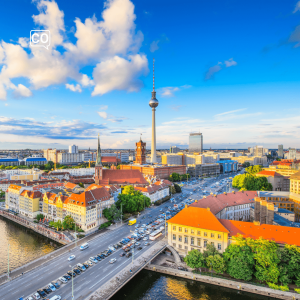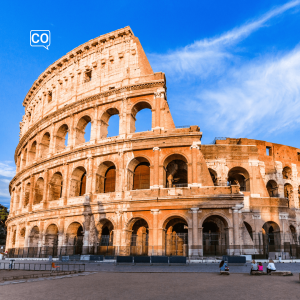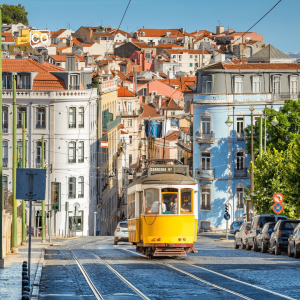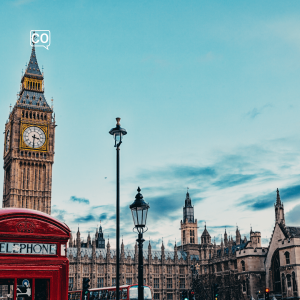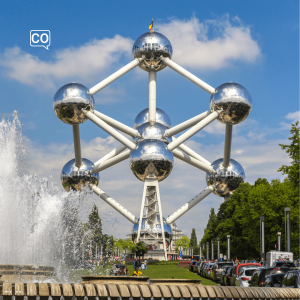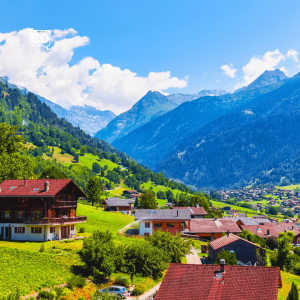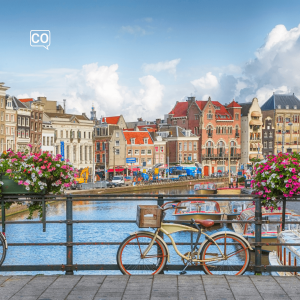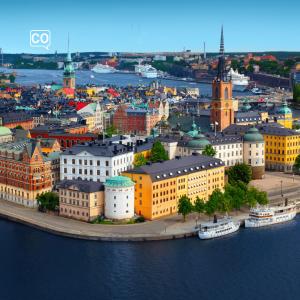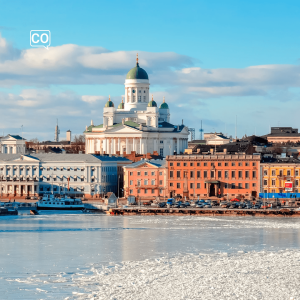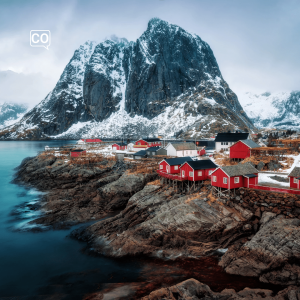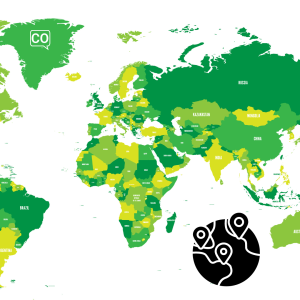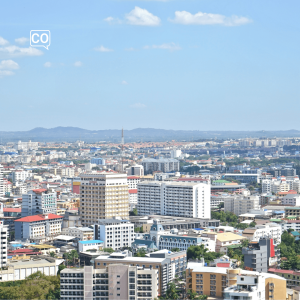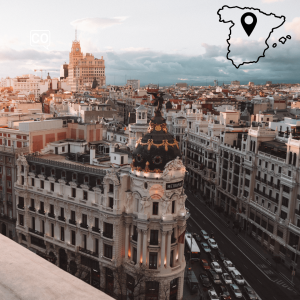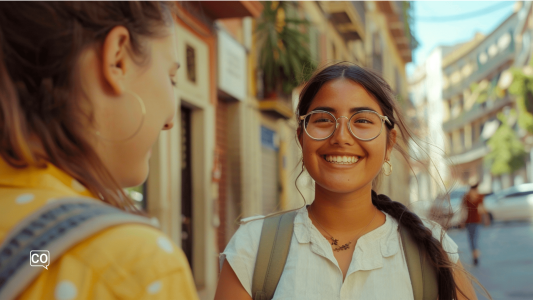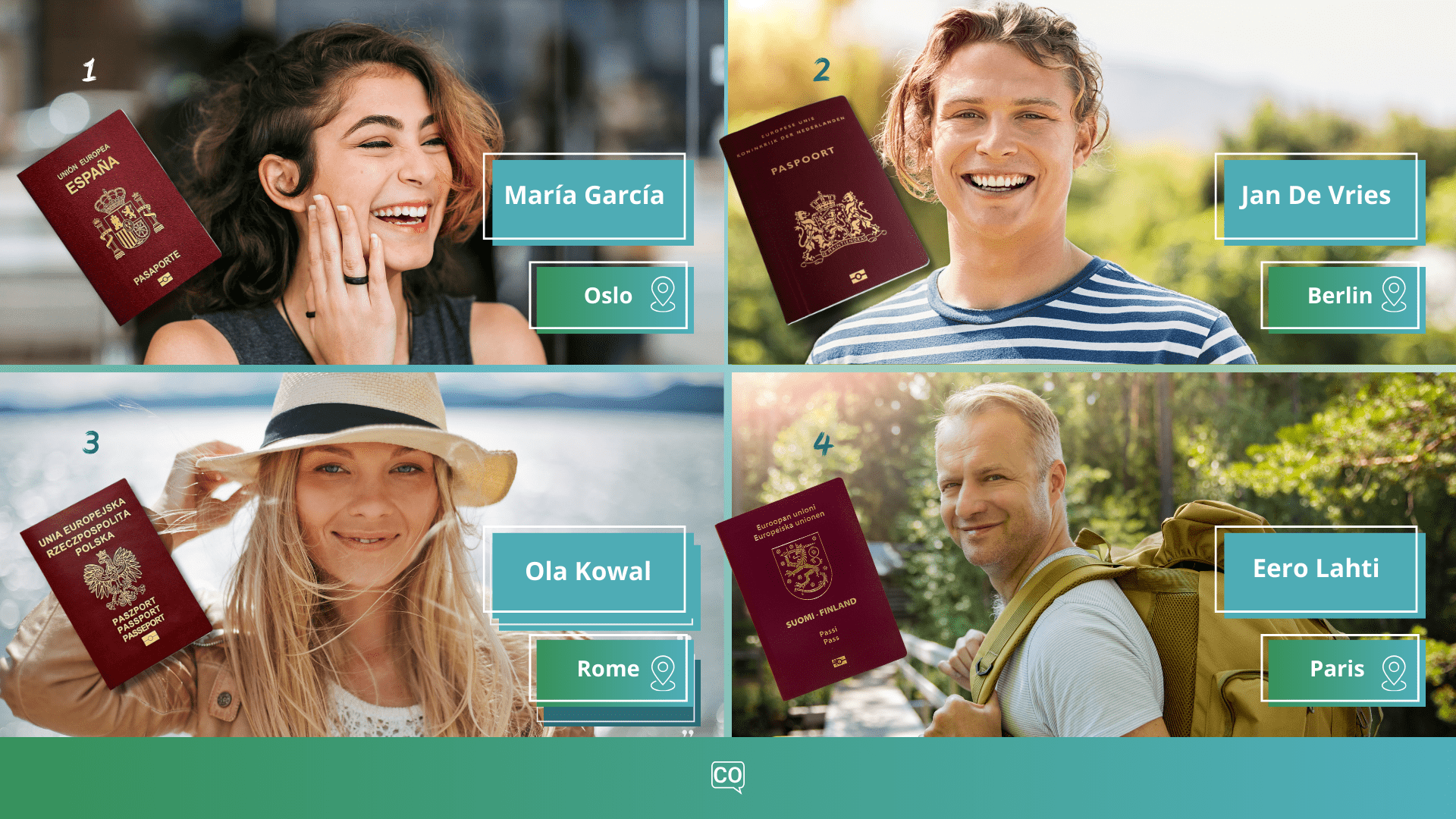¿De dónde eres?

Learning goals:
- Pregunta a alguien de dónde es (Ask somebody where they are from)
- Di tu nacionalidad (Say your nationality)
- Los artículos en español (The articles in Spanish)
- El género de los sustantivos (The Gender of Nouns)
- España y sus regiones (Spain and its regions)
Learning module 1 (A1): Presentarse (To introduce oneself)
Recap exercises of the previous lesson
Teaching guidelines +/- 60 minutes
Core vocabulary (21)
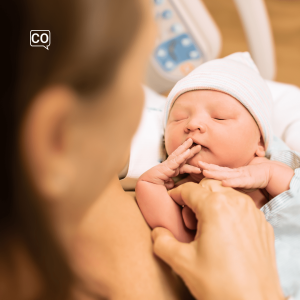
Tú naces en una era digital sin precedentes.
(You are born in an unprecedented digital age.)
Nacer
(To be born)

Hola, ¿de dónde eres? Yo soy de España.
(Hello, where are you from? I am from Spain.)
¿De dónde eres?
(Where are you from?)
Listening materials
Our listening materials implement the verbs, vocabulary and grammar topics of this lesson. Audio and video available!
A1.3.1 Diálogo: Ana y Pedro hablan de sus raíces
Spanish A1.3.1 Ana and Pedro talk about their roots
Ana y Pedro se ven por tercera vez. Empiezan hablando sobre sus orígenes, nacionalidad y países.
(Ana and Pedro see each other for the third time. They start by talking about their origins, nationality, and countries.)
Teaching guidelines +/- 15 minutes
A1.3.2 Gramática: Los artículos en español
Spanish A1.3.2 The articles in Spanish
(In Spanish, there are two types of articles: definite articles and indefinite articles.)
Teaching guidelines +/- 15 minutes
A1.3.3 Gramática: El género de los sustantivos
Spanish A1.3.3 The Gender of Nouns
A1.3.4 Cuento corto: Los orígines de Stefan
Spanish A1.3.4 The origins of Stefan
Una historia sobre el país, la nacionalidad y los orígines.
(A story about the country, the nationality, and the origins.)
Teaching guidelines +/- 15 minutes
A1.3.5 Cultura: España y sus regiones
Spanish A1.3.5 Spain and its regions
Aprendemos sobre España y sus regiones.
(We learn about Spain and its regions.)
Teaching guidelines +/- 10 minutes
Exercises
These exercises can be done together during conversation lessons or as homework.
Exercise 1: Find the words
Instruction: Find the words, mark them and make sentences with the words.
Show answers Show hintsHints
France , To be born , Nationality , Sweden , The city , Belgium
Answers
Score: 0/6
| La nacionalidad | (Nationality) |
| La ciudad | (The city) |
| Nacer | (To be born) |
| Francia | (France) |
| Suecia | (Sweden) |
| Bélgica | (Belgium) |
Exercise 2: Reorder sentences
Instruction: The words in these sentences have been shuffled! Sort them so that they make a valid sentence again and translate.
Show answers Show translationExercise 3: Translate and make sentences
Instruction: Translate the words and phrases below and use it in a conversation or text.
Show answersExercise 4: Translate and use in a sentence
Instruction: Translate and say the word out loud. Use the word in a sentence.
Show translation|
1.
España
|
(Spain) |
|
2.
Alemania
|
(Germany) |
|
3.
Noruega
|
(Norway) |
|
4.
Suiza
|
(Switzerland) |
|
5.
La ciudad
|
(The city) |
Exercise 5: Conjugación verbal
Instruction: Choose the correct word, read the sentence out loud and translate.
Show answers Show translationVivir (Presente, indicativo)
1. Yo ... en madrid.
2. Tú ... cerca del parque.
3. Ella ... con sus padres.
4. Nosotros ... en una casa grande.
5. Ellos ... juntos desde hace años.
Exercise 6: The articles in Spanish
Instruction: Choose the correct word, read the sentence out loud and translate.
Show answers Show translationLa, Las, El, la, Los, Unas, el
1. ... pueblo de María es pequeño y bonito.
2. ... ciudades de España son muy bonitas.
3. Madrid es ... ciudad más grande de España.
4. España es ... país donde vivo.
5. ... nacionalidades en mi clase son variadas.
6. ... países de Europa son muy diversos.
7. ... nacionalidad de Juan es española.
8. ... pueblos de la región tienen mucha historia.
Exercise 7: The Gender of Nouns
Instruction: Choose the correct word, read the sentence out loud and translate.
Show answers Show translationEl, La
1. ... ciudad
2. ... mano
3. ... lunes
4. ... cocinero
5. ... mar
6. ... planeta
7. ... perro
8. ... casa
Exercise 8: Translate and make sentences
Instruction: Translate the words and phrases below and use it in a conversation or text.
Show answersConversation exercise
Teaching guidelines +/- 10 minutes
- Describe la nacionalidad de cada persona. (Describe the nationality of each person.)
- Di, ¿dónde viven actualmente? (Say where do they currently live.)
Example phrases:
- Adriana es de Francia y ahora vive en Varsovia. (Adriana is from France and now she lives in Warsaw.)
- ...
Appendix 1: Extended vocabulary table
Core vocabulary
(21):
Verbs: 2,
Nouns: 18,
Questions: 1,
Context vocabulary:
6
| Spanish | English |
|---|---|
| Alemania | Germany |
| Alemán | German |
| Bélgica | Belgium |
| Dinamarca | Denmark |
| Dónde | Where |
| El Reino Unido | The United Kingdom |
| El país | The country |
| España | Spain |
| Español | Spanish |
| Finlandia | Finland |
| Francia | France |
| Idiomas | Languages |
| Italia | Italy |
| La capital | The capital |
| La ciudad | The city |
| La nacionalidad | Nationality |
| Los Países Bajos | The Netherlands |
| Nacer | To be born |
| Noruega | Norway |
| Polonia | Poland |
| Portugal | Portugal |
| Región | Region |
| Suecia | Sweden |
| Suiza | Switzerland |
| Vive | Does your family live |
| Vivir | To live |
| ¿De dónde eres? | Where are you from? |
Appendix 2: Verb conjugation tables for this lesson
Vivir (to live)
Exercises and examples phrases
- yo vivo I live
- tú vives You live
- él/ella vive he lives
- nosotros/nosotras vivimos We live
- vosotros/vosotras vivís you all live
- ellos/ellas viven they live
Exercise: Verb conjugation
Instruction: Choose the correct word, read the sentence out loud and translate.
Show answers Show translationVivir (Presente, indicativo)
1. Yo ... en madrid.
2. Tú ... cerca del parque.
3. Ella ... con sus padres.
4. Nosotros ... en una casa grande.
5. Ellos ... juntos desde hace años.


